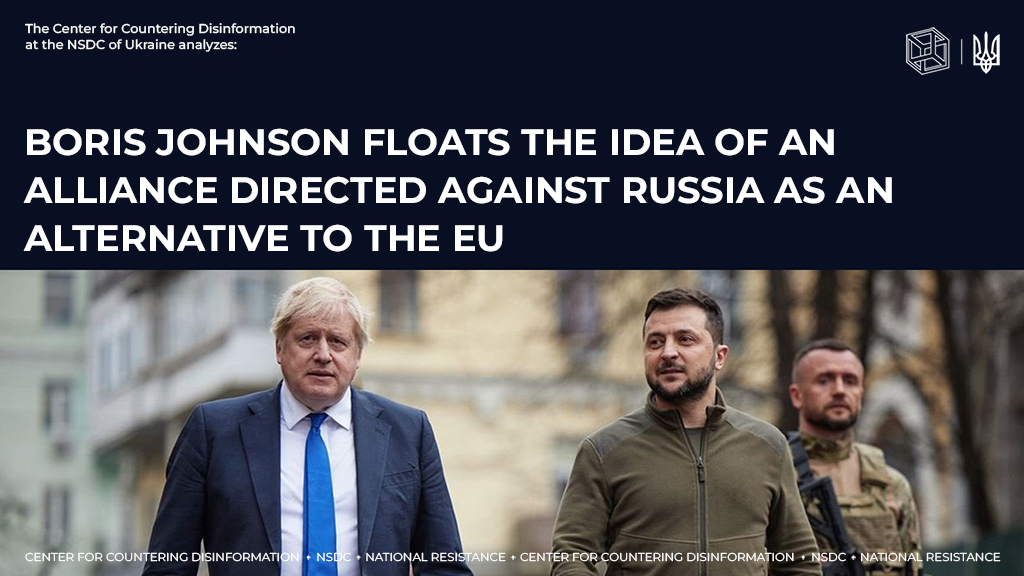Great Britain already has the experience of consolidating European countries. In particular, in the 1960s, it promoted the European Free Trade Association as an alternative to the EU. In EFTA, Britain was united with Austria, Denmark, Portugal, Norway, Sweden, and Switzerland. However in 1973 the country made a choice in favor of the EU.
After Brexit, Britain again demonstrates its European leadership, but the list of countries for unification has changed.
Potential members, in addition to Ukraine, include Poland, Estonia, Latvia and Lithuania, and later Turkey. The Baltic states have not yet received concrete proposals for a new union.
So the idea of the “Johnson alliance”, published by the Italian edition “Corriere Della Sera”, still exists just at the level of an informative discussion. In particular, the economic motivation of these countries to leave the European Union in favor of a new association is doubtful. Also, London’s financial support for Ukraine is limited compared to the EU.
In recent years, Great Britain has been actively rethinking its foreign policy in Eastern Europe. This happened after the attempted poisoning of the Skripal family in Salisbury by russian military spy agency in March 2018. Britain is facing the kremlin’s threats in the cyber sphere, disinformation and russian oligarchs who help to promote pro-russian attitudes.
According to the new global doctrine “Britain in competitive times”, the country is increasing its military and political influence in the Indo-Pacific region and activating its nuclear and space programs. Also, Britain’s military doctrine provides for active deterrence and protection against threats originating from russia, as well as support for the Eastern Partnership countries.
In October 2020, President Volodymyr Zelenskyy paid an official visit to Great Britain. An agreement on political and strategic partnership and free trade with Britain was signed during this historic event, as well as a memorandum on the creation of the Ukrainian fleet with British support.
Since January 1, 2021, the free trade zone between Ukraine and Great Britain has been launched. As part of the security cooperation between Britain and Ukraine in the period 2015-2017, more than 20,000 military personnel were trained among the British military.
It is important to mention that a week before the russian invasion, the initiative of military integration into the alliance of Ukraine, Great Britain and Poland was already announced. Such a union remains among the priorities of the three countries. London is a key ally for Ukraine in terms of economy and security.
Currently, Kyiv’s priority is to obtain the status of a candidate for EU membership, since the course of Ukraine’s European and Euro-Atlantic integration is already enshrined in the Constitution, contrasted to rapprochement with Britain. Even if we are not granted the status of a candidate country for EU membership at the EU summit in June, this is clearly not a reason to abandon the strategic goal.
However, Ukraine can consider any possible political or security alliances and economic associations that will strengthen our national interests. And in this regard, the new format of anti-russian regional cooperation can become a “sanitary border” between continental Europe and russia.
Thus, the attempts of the leaders of the leading European countries to “reconcile” Ukraine with the occupier by making concessions on Ukrainian territories push us to closer cooperation with Great Britain. And given the inertia of global associations of countries, the future of international security belongs to small defense alliances.










